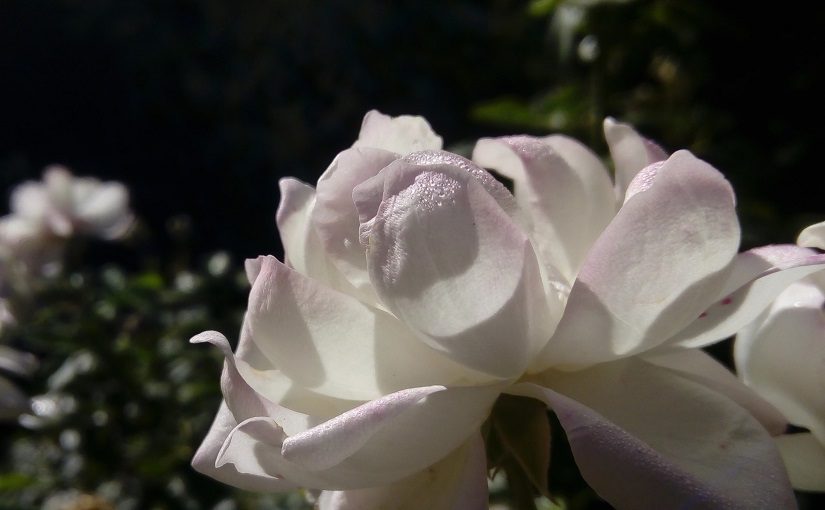How much value are we giving to the things we have in life? Sometimes, it really seems that belongings have come to define us – how others see us and we see ourselves. As if life were simply this accumulation of choices that we’ve made about the kind of person we are, the way we wish to be seen, and what it all says about us.
We very much seem to be told, these days, that surrounding ourselves with things that suit our personality and pulling them together to express our own unique style “is” what it is to be human (Notes One). And, that “reading” others using that code is the way to understand where they stand and how much you have in common. Things, effectively, stepping in to tell the world who we all are as people.
It’s the kind of thinking that must serve business pretty well, while casting us all as perpetual consumers in pursuit of the next development. If “this” is where identity, acceptance and belonging happen, the idea of not playing the game perhaps seems risky; as if you might disappear or be judged poorly by not joining in. If this marketplace of options is how we’re to understand one another, it seems quite a powerful thing.
But don’t all these things also have only passing value? The fact we chose them perhaps mattering more than the notion of keeping them. Rather than possessions being few and far between, carefully maintained, essentially functional items to help with life’s necessities, they’re now seeming disposable almost to the point of being discarded as soon as they’re selected.
When there’s so much choice, so many cheap and accessible options, perhaps the idea of having “more” overtakes the idea of anything having much worth (Notes Two). As if we’re desensitised to the relative luxury of having what we need and losing sight of what belongings actually add to our lives. When things are scarce, do we better appreciate their value? Less being more in the sense of focussing us on what truly matters.
On the other side, though, what’s the cost of it all? Given how little now seems designed to last, the amount of resources being used up and waste being generated by this way of operating must be fairly considerable. Then, socially, there’s all the time we spend chasing things and believing they complete us – the psychological burden of that, plus the kind of conversations we end up having around what’s actually important. (Notes Three)
It just seems fascinating that we might have more than humans have ever had yet seem quite careless about it. That we might be ploughing through limited resources – enjoying them briefly then clearing the space for more, cluttering up the world with discarded choices – in this quest to define ourselves and keep up with an ever-changing game of personal or social meaning.
Sometimes it seems such a strange way to be looking at things and spending the incredible opportunity life affords us.
Notes and References:
Note 1: Places of belonging & acceptance
Note 1: Definition, expression & interpretation
Note 1: Attacks on our humanity
Note 2: “Paradox of Choice”
Note 2: Meaning in a world of novelty
Note 2: Goods & the wisdom in scarcity
Note 3: Values, and what’s in evidence
Note 3: Making ends meet
Note 3: Some thoughts about “life”

